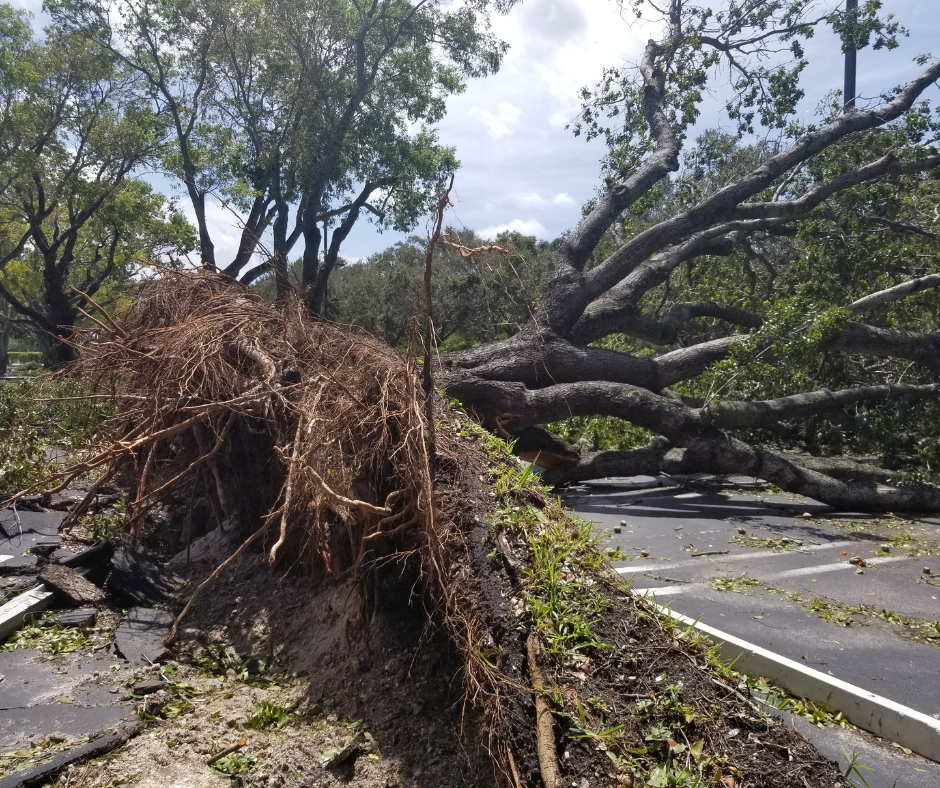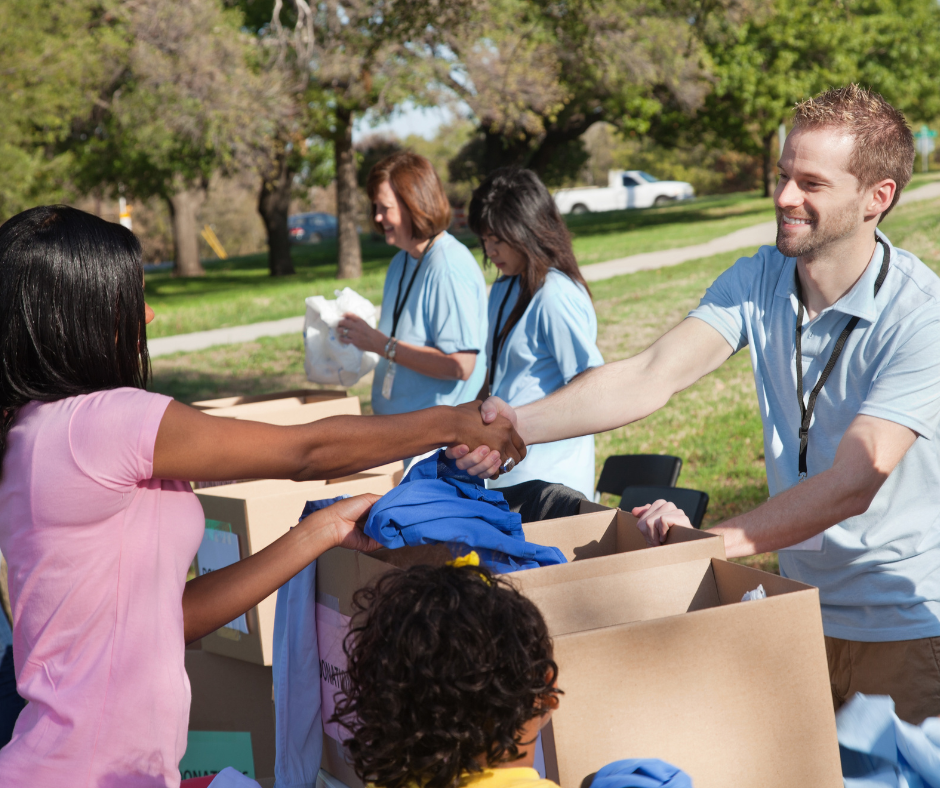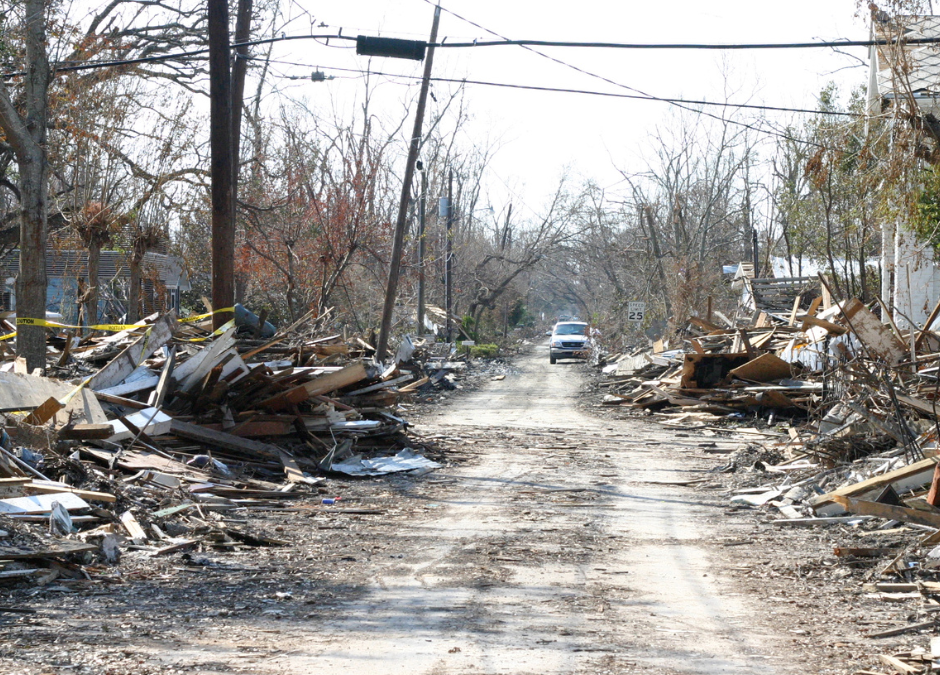In the wake of Hurricane Helene, many of us are being asked to give to multiple relief funds, charities, and organizations. It can feel overwhelming, and you may wonder where your donation will have the most impact. When faced with so many requests, how do you prioritize your giving to ensure your contributions are meaningful and effective?
1. Identify Your Values and Focus Areas
Start by aligning your donations with the causes that resonate most with you. Whether it’s providing immediate disaster relief, supporting long-term rebuilding efforts, or focusing on mental health and community recovery, identifying your personal priorities will help narrow down your giving options. Are you passionate about education, infrastructure, or health services? This can guide your choices.
Additionally, decide whether you want to make an immediate impact or contribute to long-term recovery. Immediate relief efforts typically focus on basic needs like food, water, and shelter, while longer-term donations might be aimed at rebuilding infrastructure or supporting displaced families.

2. Do Your Research
With so many organizations seeking donations, it’s important to verify where your money is going. Use tools like Charity Navigator, Guidestar, or the Better Business Bureau’s Wise Giving Alliance to check the legitimacy of charities. These resources will help you understand how much of your donation is going directly to those in need versus administrative costs.
When it comes to disaster relief, reputable organizations like the Red Cross or local community foundations often have established networks that allow them to respond quickly and efficiently. Look for charities with a proven track record in disaster relief.
3. Consider Local Organizations
National charities often get the bulk of the attention, but local organizations working on the ground can be equally, if not more, effective in making an impact. Smaller, community-based groups often have deep connections within the affected area and a more intimate understanding of local needs. Supporting these organizations can ensure your donations reach those directly impacted by Hurricane Helene.

4. Explore Collective Giving
Sometimes, pooling resources with others can have a greater impact than individual contributions. Workplace donation drives, community funds, or crowdfunding campaigns can amplify your efforts. Additionally, look for matching donation programs offered by employers or large organizations, which can double or even triple the value of your donation.
5. Sustained Giving for Long-Term Support
While the immediate aftermath of a disaster garners the most attention, communities affected by events like Hurricane Helene will need ongoing support for years to come. Consider setting up recurring donations or contributing to funds focused on long-term recovery. This can help rebuild homes, restore infrastructure, and provide essential services well beyond the initial relief efforts.

6. Be Mindful of Scams
Unfortunately, disasters often attract fraudulent organizations looking to exploit the generosity of others. Be cautious of unsolicited donation requests, especially from unfamiliar sources. Stick to well-known, established organizations or those you’ve vetted yourself. Always double-check the legitimacy of any charity before donating, and avoid giving personal information over the phone or through email solicitations.
Thoughtful Giving for Meaningful Impact
With so many requests for donations, it’s important to take a thoughtful approach to your giving. By aligning your donations with your values, researching organizations, and considering both immediate and long-term needs, you can ensure that your contributions have the greatest impact.
Whether you choose to support national organizations, local groups, or collective efforts, every donation counts in helping communities recover from the devastation of Hurricane Helene.


